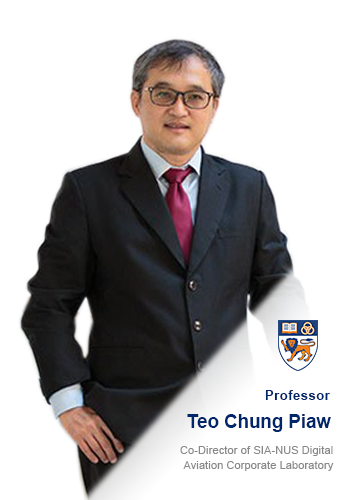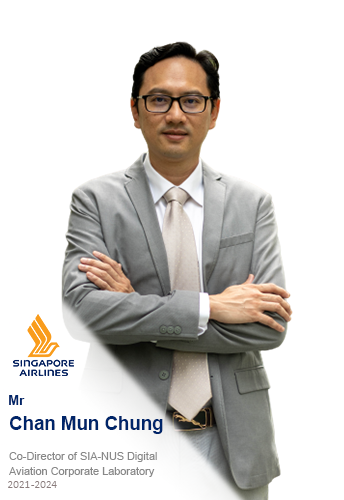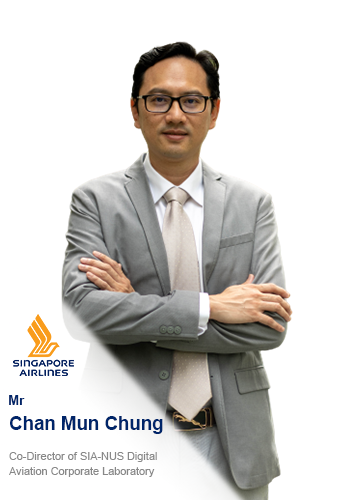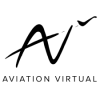
The COVID 19 pandemic has spread with alarming speed over the world and has left an indelible mark on the global economy.
Amidst this backdrop, several companies in affected sectors are surprisingly coping well, by quickly innovating and pivoting their business models, to tap into new growth opportunities brought forth by the pandemic.
Singapore Airlines (SIA) has always been at the forefront of innovation and technology as part of our on-going business transformation programme to be a top digital airline in the aviation sector.
As part of this transformation, SIA launched our Digital Innovation Blueprint in 2018 to reinvent ourselves and to stay ahead of the competition.


The COVID 19 pandemic has spread with alarming speed over the world and has left an indelible mark on the global economy.
Amidst this backdrop, several companies in affected sectors are surprisingly coping well, by quickly innovating and pivoting their business models, to tap into new growth opportunities brought forth by the pandemic.

Singapore Airlines (SIA) has always been at the forefront of innovation and technology as part of our on-going business transformation programme to be a top digital airline in the aviation sector.
As part of this transformation, SIA launched our Digital Innovation Blueprint in 2018 to reinvent ourselves and to stay ahead of the competition.
The SIA-NUS Digital Aviation Corporate Laboratory aims to create and commercialise innovative technologies that could accelerate the digital transformation of Singapore’s aviation sector, redefine the air travel experience and ensure safety and security in air travel. This will be achieved by leveraging NUS’s world class deep tech and multi-disciplinary research expertise across artificial intelligence, machine learning, data science, operations research and analytics, optimisation, automation, sleep studies and design to develop digital technologies.
These technologies will be evaluated and potentially be adopted for use by SIA.
Create and Commercialize Innovation Technologies that could Accelerate the Digital Transformation of Singapore’s Aviation Sector and Redefine the Air Travel Experience.
Drive Traveller-centric Digital Services
Ensure Air-travel Security and Safety, especially in the Post-Covid Era
Enhance Organisational Effectiveness and Workplace Productivity for SIA and Singapore’s Aviation Sector
We wish to congratulate our Research Engineer from Work Package 4, Mr John Tay, for his wonderful achievement! His invention, Rehabit, was named the National Winner of the Annual James Dyson Award.
Rehabit is a set of four products focused on upper-limb rehabilitation, which allows patients to perform exercises correctly and safely. The innovative product, which is now used at multiple rehabilitation centres across Singapore – will progress to the next stage of the award, where Dyson engineers will select 20 entries from around the world, from which Sir James Dyson will choose an international winner and two runners-up in October.
Learn more about how and why John develop the Rehabit here.
Professor Teo Chung Piaw, Provost’s Chair and Executive Director of the Institute of Operations Research and Analytics at NUS Business School, has been honoured by The Institute for Operations Research and Management Sciences (INFORMS) as a fellow, one of a mere dozen selected worldwide annually. He is also the only fellow ever named from an Asian institution in the fellowship’s 17-year history.
Prof Teo is recognised for his exceptional contributions in optimising business processes particularly in inventory, logistics and supply chain management, as well as for outstanding leadership and service to the profession.
He has developed methods to understand and manage business risks and optimise efficiency in operations and supply chains. His work has been used in designing vessel-berthing schedules in ports, managing risk exposure of gaming products and in pricing and assortment optimisation.






